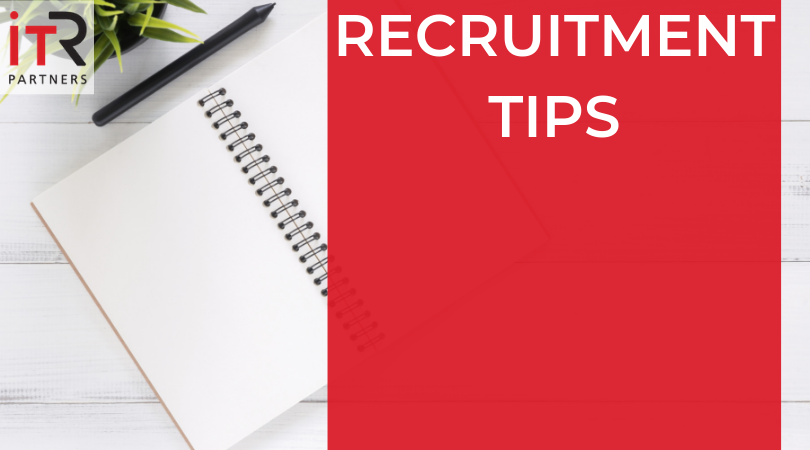6 Ways to have the right tone in your interview

You can read many posts about preparing and getting an interview right. Getting the most out of your interview. Common Interview Questions to Prepare For. Also, questions you should ask in interviews. But one thing that people rarely address is your tone.
“Tone” often refers to the way you sound when you speak, and the feeling people get from it. It is an expression of vocal and word patterns. It is a subtle reason you may not get hired, or why they might give you an offer. Here are some tips on how to come across a polished, confident and compelling candidate.
1. Assertive, not aggressive
This can make a difference in an interview. Being assertive shows that you are confident with your skills and ideas; being aggressive can show a fighting attitude.
To avoid this, try to stay away from phrases like “I feel you’d be making a mistake if you pass over me” or “I have other options, of course.” Also, don’t sound aggressive toward your last/current boss, it looks unprofessional and aggressive telling your interviewer “I didn’t like my boss.” Be clear and confident when presenting your ideas.
2. Confident, not self-important
Showing your strengths clearly and convincingly will show your confidence but push this too far or too empathically you’ll sound self-important.
For example, someone who is confident will say “I believe I have the skills and background for this role” whereas an applicant will sound self-important if they say, “I’ve got everything you’re looking for; when do I start?”
The confident candidate presents their skills and background and leave the decision to the recruiter. Whereas the self-important candidate overstates their skills and background and assumes they will be hired.
3. Forthcoming, not rambling
To show you are an authentic and open person, share a few personal stories. Achievements, and some challenges in your career. Gives the interview an insight to what you are like as a person.
Although, go on for too long and it will be just rambling. So, keep your anecdotes short and sweet, and make sure they have a relevant point. Also, when answering questions don’t go on endlessly, make these short and straight to the point.
4. Prepared, not scripted
You should always prepare your interviews, but don’t sound scripted, you’ll never get the job. The best way is to write down the key point you want to cover. Make sure you have a main message about yourself and supporting points to show your skills and strengths for the role. Also, it is always good to prepare your answers to questions you might be asked.
5. Gracious, not fawning
Of course, manners are a given in an interview but don’t overdo it. Being gracious shows appreciation to the interview for inviting you, being among the candidates and providing the opportunity to share your skillset. This helps to build relationships based on respect.
However, you should avoid fawning or being overly gracious. Such as “I can’t thank you enough for this interview,” or “It has been a humbling experience to talk with someone like you who is such a strong HR leader.” Be warm and grateful, but don’t be too humble.
6. Excited, not anxious
Being nervous is normal, but you need to learn to channel that into something positive. Talks about how you would be able to take on the role and how much of an opportunity this will be.
Although, remember not to overdo it. An interviewer isn’t likely to hire a candidate that can’t stay grounded in the interview. Stay focused and how prepared and excited you are about the opportunity.
Check out our latest blog on 5 reasons why Christmas is a good time for job hunting
Follow us on LinkedIn for more career opportunities and recruitment tips!
Follow us for more updates


